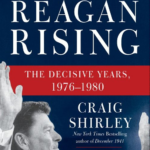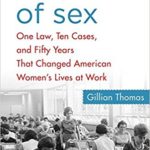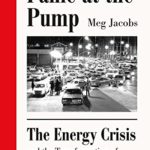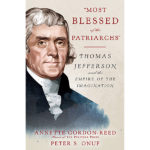
Winning One for the Gipper
The story of the rise of Reagan is the story of the successful rise of movement conservatism through rebranding the Republican Party. As Shirley writes astutely, if somewhat glowingly, in Reagan Rising: “In fact, the party was broadening the base by narrowing the appeal. Instead of trying to be all things to all people, the GOP, with Reagan’s gutsy leadership, was becoming one thing to all people.”









